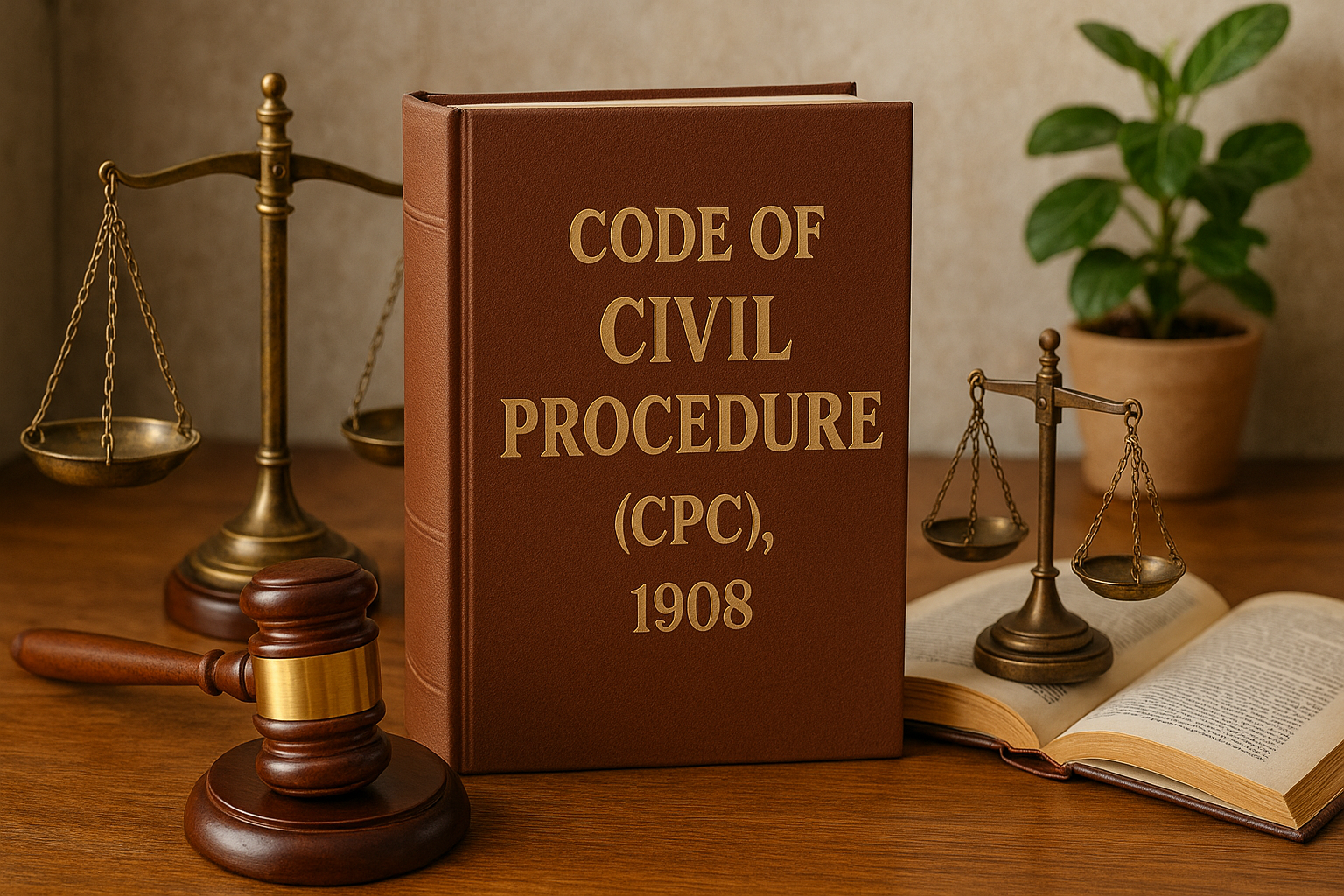Introduction
The Code of Civil Procedure, 1908 distinguishes between two important judicial pronouncements: decrees and orders. While both are decisions of a civil court, they differ in form, content, and legal implications.
These distinctions are essential for understanding the structure of civil adjudication and the remedies available to litigants.
Meaning of Decree
A decree is defined under Section 2(2) of the CPC as the formal expression of an adjudication that conclusively determines the rights of the parties with regard to all or any of the matters in controversy in the suit.
Decrees can be:
-
Preliminary
-
Final
-
Partly preliminary and partly final
Meaning of Order
An order is defined under Section 2(14) of the CPC as the formal expression of any decision of a civil court which is not a decree.
Orders typically arise from interlocutory applications or procedural directions given during the course of the suit.
Basis of Comparison Between Decree and Order
| Basis | Decree | Order |
|---|---|---|
| Definition | Section 2(2) CPC | Section 2(14) CPC |
| Nature | Conclusive determination of rights in a suit | Decision on procedural or substantive matters |
| Arises From | Adjudication of a civil suit | Arises from application or incident during the suit |
| Number per Suit | Only one final decree, may have preliminary decree(s) | Can be multiple orders in one suit |
| Appealability | Generally appealable under Section 96 | Only certain orders are appealable under Section 104 and Order XLIII |
| Examples | Judgment in a partition suit, declaration of title | Granting adjournment, rejection of application for amendment |
| Formality | Must be drawn up formally | May or may not be formally drawn |
| Conclusive Nature | Determines substantive rights | May be procedural or interim, not always conclusive |
Illustrative Example
-
A court deciding ownership of property in a title suit:
This is a decree, as it determines a substantive right. -
A court granting a temporary injunction during the trial:
This is an order, as it is an interim relief during proceedings.
Importance of the Distinction
Understanding the distinction is critical because:
-
Different appeal provisions apply
-
Execution process applies only to decrees
-
Finality of the decision varies
-
Legal remedies and procedural consequences are affected

